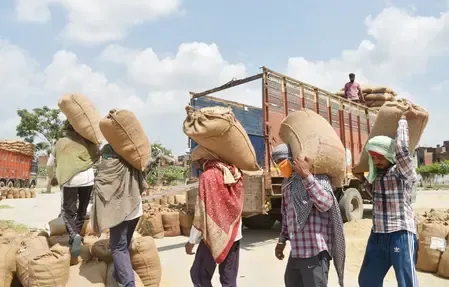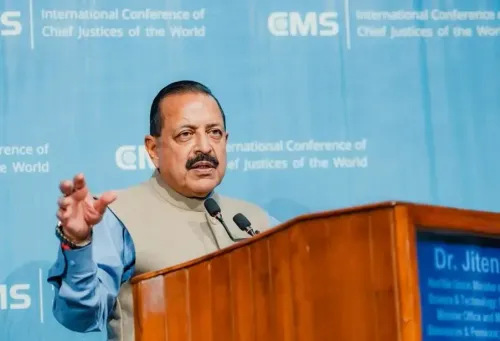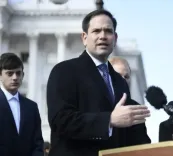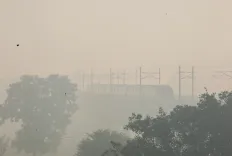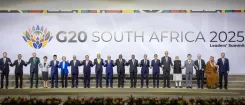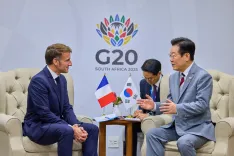Is India on the Path to Self-Sufficiency in Critical Minerals?
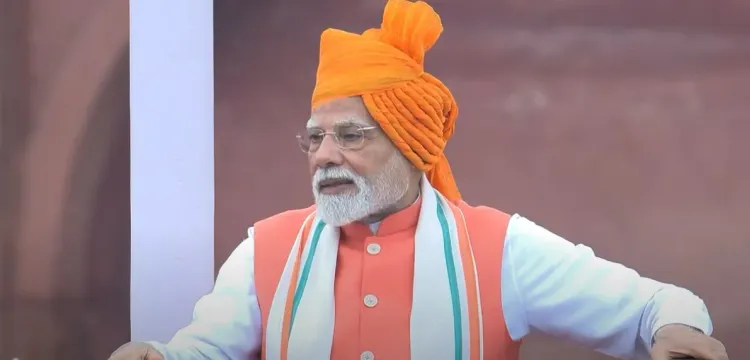
Synopsis
Key Takeaways
- Intensified efforts for self-sufficiency in critical minerals.
- Over 1,200 exploration sites identified.
- Focus on lithium, cobalt, rare earth elements, and graphite.
- Linking critical minerals to energy independence.
- Formation of a Task Force for next-generation reforms.
New Delhi, Aug 15 (NationPress) Prime Minister Narendra Modi revealed on Friday that the nation is ramping up its initiatives to attain self-sufficiency in critical minerals, with exploration efforts currently underway at more than 1,200 sites across the country.
During his address on the 79th Independence Day, he highlighted the growing importance of critical minerals like lithium, cobalt, rare earth elements, and graphite. These minerals are essential for a multitude of applications, including electronic chips, household appliances, electric vehicles, and solar panels.
"What was once overlooked has now become a primary concern; India must also strive for self-sufficiency in these essential minerals," stated the Prime Minister.
He noted that the global push for reducing greenhouse gas emissions and transitioning to clean energy is propelling the surge in demand.
PM Modi stressed that the National Critical Mission was initiated due to the vital role of critical minerals in various sectors, including industry, technology, energy, and defense.
The government aims to bolster India's industrial and technological capabilities while diminishing reliance on imports. He pointed out the financial strain of importing essential resources and linked the initiative to the broader objective of achieving energy independence.
The Prime Minister indicated that the government is actively working to enhance self-reliance, with the goal of redirecting wealth back into the nation.
He also laid out a comprehensive vision for reforms aimed at achieving self-reliance—ranging from tax reforms to empowering small businesses.
Speaking from the Red Fort, PM Modi emphasized India's journey of independence and transformation, asserting that while progress has been made over the past decade, it is time to push forward with even greater vigor.
Additionally, PM Modi announced the formation of a Task Force for next-generation reforms to evaluate existing laws and regulations regarding economic activities.
This Task Force will operate within a defined timeline to lower compliance costs for startups, MSMEs, and entrepreneurs, ensure freedom from arbitrary legal actions, and streamline laws to facilitate business operations.


